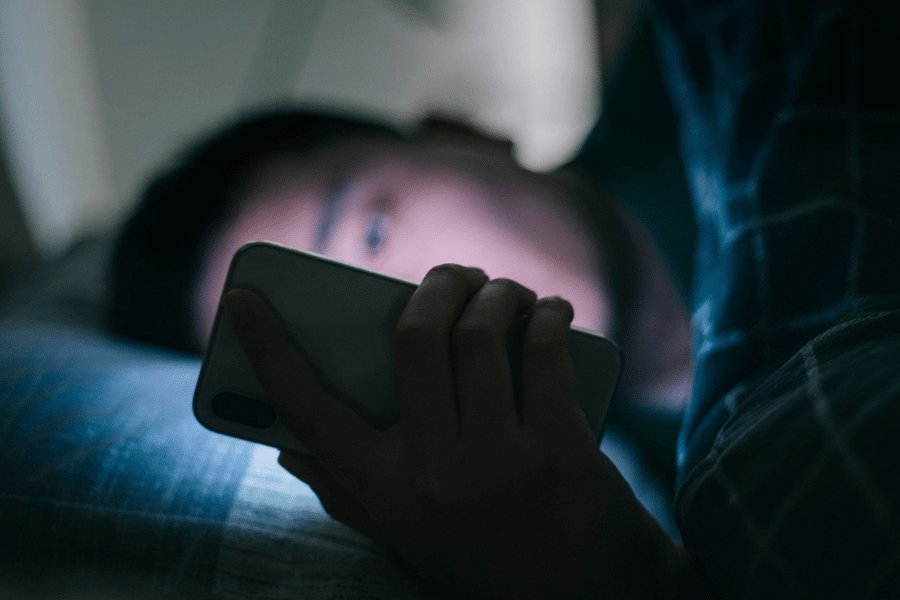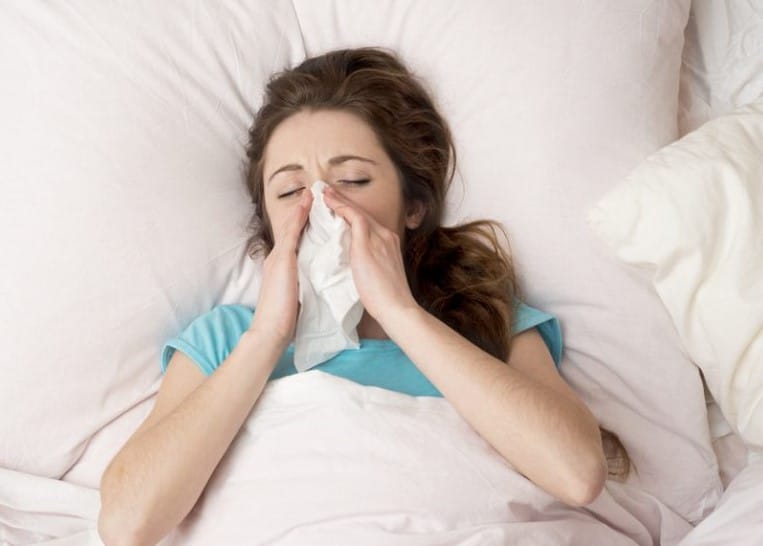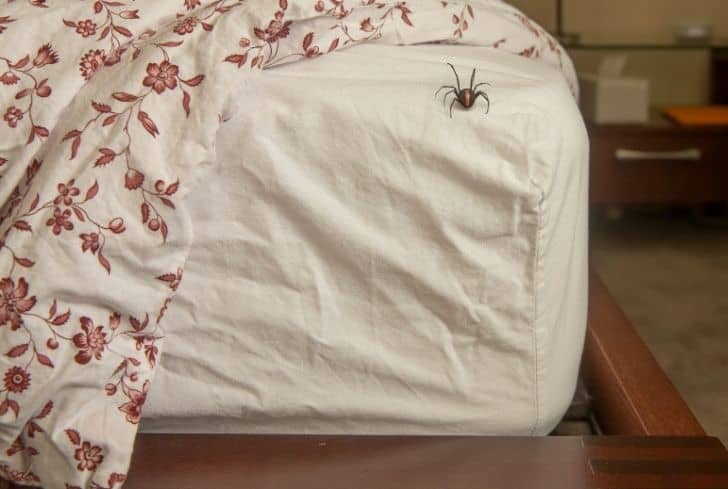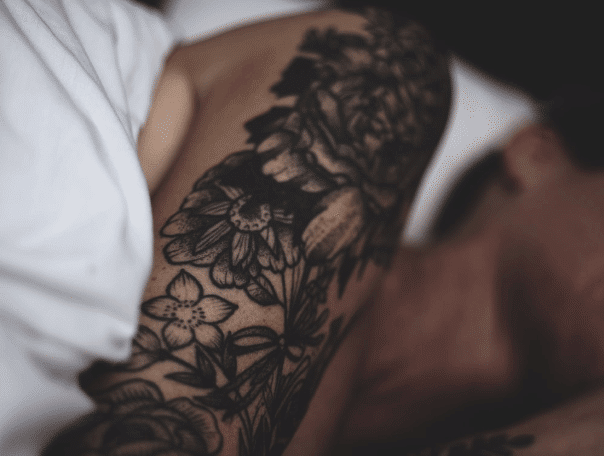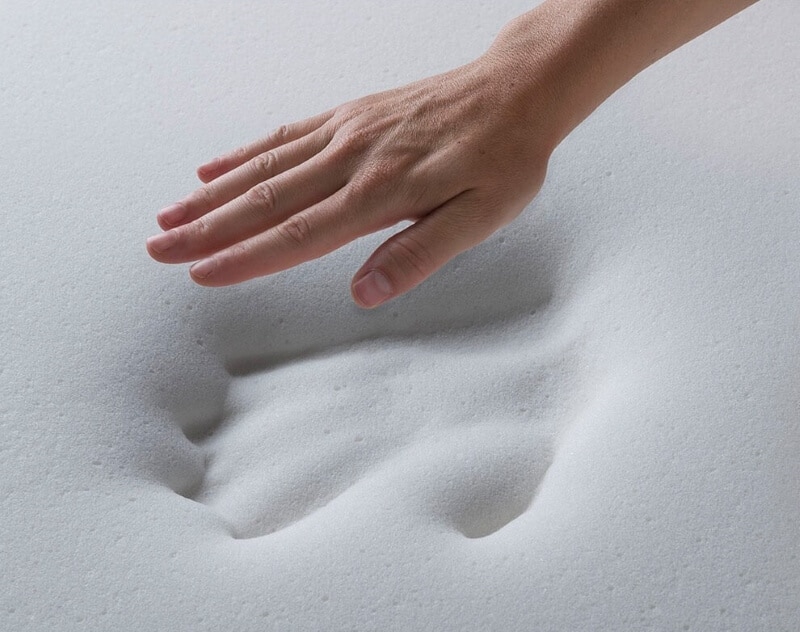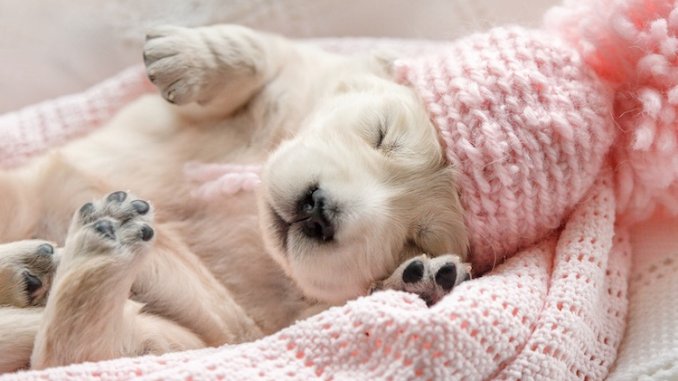

Have you ever woken up from a night of deep sleep to find your pillow covered in drool? If so, you certainly aren’t alone. Most people will occasionally wake up with a puddle of saliva on their pillow. Of course, if this happens all the time, you might be wondering, why do I drool when I sleep? Though this might seem like something that would have a straightforward answer, there is actually a multitude of things that could cause you to drool while you doze.
Drooling could simply be how you sleep or that you are congested. It could also be caused by many different health issues that you might not even know you have. Thankfully, even if there is an underlying medical cause, there are several ways to help you to stop drooling while you sleep, which we will discuss below.
As we mentioned above, there are a plethora of reasons that you might be snoring. It is best to figure out the root cause of your issue first, however, so that you can find the right solution so that you can sleep without having to worry about drooling.
The first thing that you should take into consideration is how you sleep. If you are someone that lays on your side or your stomach during the night, then this would definitely allow for more drooling. This is due to the fact that while you are sleeping, the muscles of your mouth are relaxed, which can lead to you sleeping with your mouth open. Since these sleeping positions have you facing down, saliva can more easily escape while you are sleeping during the night.
Another big factor in whether you drool during the night could be if you experience nasal congestions. This means that your nose is clogged up, either due to cold, narrow nasal passages, or allergies. Since you cannot breathe through your nose, you instead breathe through your mouth. This makes it much easier for drool to escape since your mouth is open all night long. This also makes it more likely that you would even drool regardless of your sleeping position.
Another thing that could cause drooling during the night is sleep apnea. This is a very serious condition, which would need to be diagnosed by a professional. Someone that has sleep apnea stops breathing throughout the night. Excessive drooling is a possible symptom of sleep apnea, along with:
If you are experiencing any of these symptoms along with a lot of drool, you should consult with your doctor.
Another medical condition that could be leading to drooling throughout the night is something called Dysphagia. This condition makes it very difficult to swallow. Since this leads to an excessive buildup of saliva in your mouth while you are sleeping, it tends to spill out onto your pillow. This can occur regardless of your sleeping position.
Of course, this is something that would need to be diagnosed by a doctor as well, so be sure to consult your physician if you have any concerns.
GERD is yet another medical condition that could cause excessive drooling during the night. This disease, which is actually called Gastrointestinal Reflex Disorder, is a condition that causes the contents of someone’s stomach to come back up their throat. Since the contents of a person’s stomach are acidic, this can lead to a weakening of the esophageal lining, which could, in turn, make it much more likely that someone will drool during their sleep. Again, this condition would need to be diagnosed by a doctor, so be sure to ask yours if you have any concerns.
If you, or someone that you know, are using antipsychotic medications, then these might be the root of the drooling issue. These medications, which can be prescribed for Alzheimer’s patients and those suffering from depression, for example, could be why someone drools a lot in their sleep. This can also be the case with certain pain medications and antibiotics as well.
Parkinson’s disease Trusted Source Parkinson's disease - Symptoms and causes - Mayo Clinic Parkinson’s disease is a progressive nervous system disorder that affects movement. www.mayoclinic.org is another medical condition that might affect someone’s sleep and could cause drooling. This is a neurological disease that can cause tremors, rigid muscles, loss of automatic movements, and many other issues. Since this disease limits the amount of control an individual has over their body, this can lead to drooling during the night.
Of course, there are many other issues that could be causing someone to drool while they sleep. These might include:
Most of these would require a doctor’s diagnosis, so if you think you might be suffering from these afflictions, it is highly recommended that you check with your physician.
There are several different things that you can try to stop you from drooling during the night. Some are quick fixes, while others might require a significant investment on your part.
One of the first things that you should do if you want to limit or eliminate the amount of drool that you produce during the night is to adjust your sleep position. If you are someone that likes to sleep on their stomach or side, you should try to switch to sleeping on your back on the right type of mattress. This position makes it a lot harder for drool to come out of your mouth. Of course, this might not be the most comfortable for all sleepers, so bear that in mind before you try to permanently switch to being a back sleeper.
Another easy fix that won’t require a large investment is getting a new pillow. There are lots of different types of pillows on the market that could help to eliminate a drooling issue. You should look for one that is on the higher side. The loftier, the better, since this will, again, keep you more upright, which should reduce the amount of drool that you are able to produce in a night.
If these quick fixes didn’t make a difference for you, then you might want to expand your budget a bit and get an adjustable bed. While a standard mattress will only allow you to lay flat, an adjustable one can actually sit up a bit. This upright position should help to alleviate any drooling. Some adjustable beds go even further than just elevate your upper body. The iDealBed iEscape, for example, is equipped with a massaging function to help you sleep deeper and better.
Another set of items that you can buy to help eliminate your drooling issue are sleep strips or a mandibular device. Some sleep strips go on your nose. They are meant to spread open your nasal passages, which should, in turn, keep you breathing through your nose all night long. Other sleep strips are worn on your mouth, and they help to promote nasal breathing during the night. A mandibular device is meant to be worn in the mouth while you sleep. It works to open your airways so that you can breathe easier. This should also limit the amount of drool that you produce.
If you are suffering from a nose or throat infection, it will most likely be very difficult for you to breathe at night. This could make it much more likely that you will drool in your sleep. By getting an antibiotic from your doctor, you might be able to limit the symptoms of these infections, which will then make it less likely that you will drool in your sleep.
One of the best treatments for sleep apnea is a CPAP machine Trusted Source Continuous positive airway pressure | therapeutics | Britannica Continuous positive airway pressure is discussed: sleep apnea: Treatment typically involves continuous positive airway pressure (CPAP), which uses a mask (facial or nasal) during sleep to blow air into the upper airway. www.britannica.com . These machines provide a continuous airflow through the wearer’s nose, which corrects the disorder. Since this device allows the wearer to sleep more comfortably without snoring or breathing exclusively through their mouth, it can work to limit drooling. Of course, this type of device should only be worn at the recommendation of a doctor.
Though Botox is usually used to improve someone’s looks, it can also be used for other medical purposes. Since this chemical works to paralyze the site of its injection, it can help to inhibit drooling. A doctor simply needs to inject some into a person’s salivary glands. The Botox will stop them from producing excessive amounts of saliva, which should help to limit the amount of drool that comes out during the night.
There are also certain types of medications that your doctor can prescribe to help eliminate or limit drool during the night. However, these medications cannot be used long term, as they may have adverse side effects over a long period of use. You should consult your doctor to see if any of these medications are right for you.
Though it might not seem like that big of a deal, excessive amounts of drool can lead to some real issues. For instance, if your skin is constantly wet during the night, it can become chapped or even break open. Another, and potentially more serious, complication is if the drool doesn’t actually leave a person’s mouth. If it instead pools inside of the mouth, the sleeper runs the risk of accidentally inhaling this saliva, which could cause a lung infection or pneumonia.
Drooling can be caused by lots of different factors or conditions and is very common. So if you have ever wondered why do I drool when I sleep, don’t worry! You are not alone. Drool can be a completely harmless condition, or it could be a window into a more serious issue that is coming to the forefront. If you have concerns about your drooling, it is best to seek out medical advice.
The same goes for any treatments as well. You should only attempt to fix your drooling by basing the cure off of the underlying cause. You might need to simply switch your sleep position, pillow, or bed. ON the other hand, if it is more serious, you may need medication, injections, or other medical devices.
